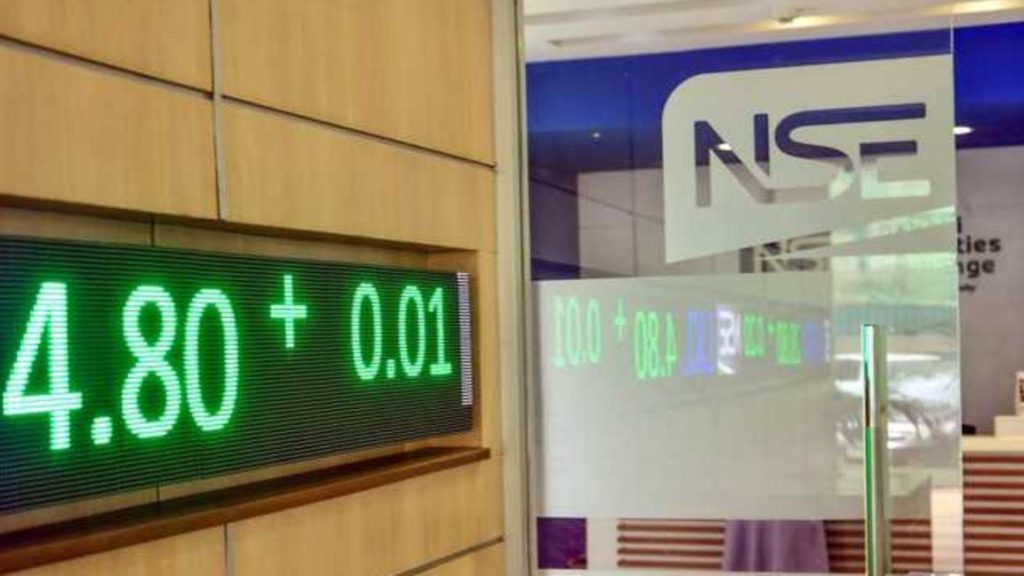The Nairobi Securities Exchange (NSE) recorded the highest returns among African stock markets in dollar terms during the first half of the year, thanks to a stronger Kenyan shilling and rising prices of blue-chip stocks. The market gained Ksh291 billion ($2.26 billion) in investor wealth over this period.
The shilling appreciated by 21.74 percent against the US dollar, which provided foreign investors with additional returns beyond the capital gains from key stocks. This performance helped the NSE outperform other African markets where local currencies did not fare as well.
According to the Morgan Stanley Capital International (MSCI) Index, the NSE achieved a return of 50.4 percent in the first six months of the year. This put Kenya ahead of other top African performers like Zimbabwe (34.4 percent), Mauritius (8.0 percent), and Morocco (6.8 percent). Meanwhile, markets in countries such as South Africa, Côte d’Ivoire, Senegal, and Tunisia had returns ranging from 2.9 to 5.9 percent. Egypt and Nigeria, however, saw negative returns of -33 percent and -73 percent, respectively.
The MSCI Index, widely used by foreign investors for market insights, tracks the performance of major stocks in selected countries based on market capitalization, liquidity, and financial health.
In Kenya, the MSCI monitors four key stocks: Safaricom, Equity Group, East African Breweries Limited (EABL), and KCB Group. These companies represent 62 percent of the NSE’s total market value, which stands at Ksh1.71 trillion ($13.31 billion).
In the first half of 2024, Safaricom’s stock price increased by 24.5 percent to Ksh17.30 ($0.13), Equity Group rose by 25.6 percent to Ksh42.25 ($0.33), EABL’s share price surged 28.7 percent to Ksh146.75 ($1.14), and KCB Group jumped 42.7 percent to Ksh31.25 ($0.24). Together, these gains contributed to a Ksh271.62 billion ($2.11 billion) boost in investor wealth on the NSE.
During this period, the NSE 20 Share Index climbed 10.3 percent to 1,656.50 points, while the NSE All Share Index increased 18.9 percent to 109.49 points. This marked a stark improvement compared to the same period in 2023 when the market shed Ksh319.8 billion ($2.49 billion) in value.
Foreign investors have also returned to the NSE, with net inflows amounting to Ksh749 million ($5.83 million) in the first half of 2024, a sharp reversal from the Ksh15.41 billion ($119.92 million) in net outflows recorded during the same period in 2023.
The overall sentiment surrounding the market has improved this year, reflecting the broader economy. Investor concerns over the Kenyan shilling and the country’s foreign debt sustainability have lessened following the successful refinancing of the $2 billion Eurobond that matured in June.
Inflation has also eased, dropping to 4.6 percent in June 2024 from 6.63 percent in December 2023. This has alleviated some of the worries foreign investors had at the start of the year, particularly regarding the weakening shilling and limited access to foreign currency, which had impacted their participation in the market.
The resolution of foreign currency supply issues, aided by Central Bank of Kenya-led reforms, has also restored investor confidence. These reforms have helped to remove restrictions placed on the NSE by global index providers like MSCI and FTSE Russell in 2022, which had hindered foreign investment inflows.
Previously, foreign investors faced difficulties accessing dollars to repatriate dividends and share sale proceeds, which had discouraged them from trading on the Kenyan stock market. Additionally, the weakening of the shilling in 2022 and 2023 deterred investors from trading, as they sought to avoid potential exchange losses.
When foreign investors buy into the Kenyan market, they exchange their dollars for shillings. If the shilling strengthens during their holding period, they benefit from exchange rate gains upon exit. Conversely, a weaker shilling results in exchange losses. With the shilling’s recent strength, foreign investors have been able to capitalize on these favorable conditions, further boosting their returns.























